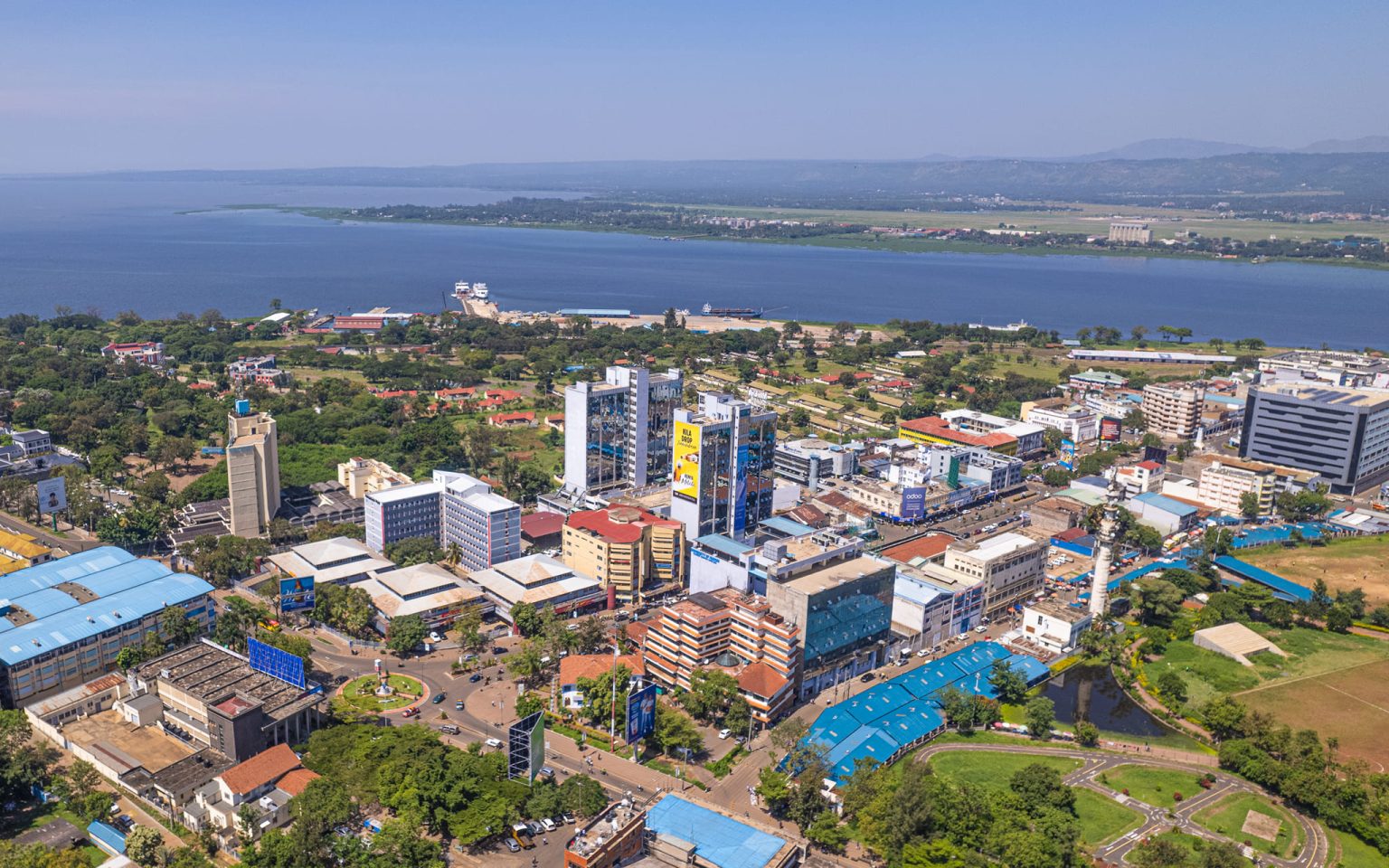
Kisumu City Manager revives call for vigilantes as crime surges on police drawback » Capital News
KISUMU, Kenya, Jul 4 — Kisumu City Manager Abala Wanga has revived the contentious debate on formation of vigilante groups in response to a fresh wave of crime that has gripped the lakeside city.
Wanga says the growing reluctance by police officers to act—out of fear of being accused of extrajudicial killings—has emboldened criminals and worsened insecurity.
“If the police are unable to contain this menace, we will set up vigilante groups to protect the people of Kisumu,” Wanga warned.
The City Manager cited prior use of vigilantes in other areas, saying they have proven to be responsive to criminal threats.
He accused the judiciary of frustrating police efforts by routinely releasing repeat offenders on lenient bail terms.
Wanga said criminals roaming Kisumu’s streets “kill without blinking” and issued a stark warning: “The same fate awaits them if they don’t change their ways.”
Wahome criticism
His renewed hardline stance mirrors controversial remarks he made in October 2024 during World Habitat Day celebrations in Kisumu, where he warned parents of gang members to “prepare their graves,” drawing sharp criticism from Housing Cabinet Secretary Alice Wahome.
At the time, Wahome pushed back strongly against Wanga’s shoot-to-kill rhetoric, insisting law and order must prevail.
“These are not criminals—let the court declare them criminals. I suggest they be arrested and arraigned in court,” the CS said, warning that the City Manager’s approach risked complicating an already volatile situation.
Wahome instead emphasized the need to channel young people into economic opportunities through initiatives like the affordable housing program and the Climate WorX Mtaani clean-up drive, which she pledged to expand to Kisumu.
County Commissioner Benson Leparmorijo, who also weighed in at the time, announced heightened security measures and convened a county-wide security meeting with judicial representatives.
He affirmed the government’s commitment to enforcing law and order while urging idle youth to seek meaningful alternatives or leave the city.
Daylight killings
Fast forward to renewed tensions, Wanga was addressing students and residents of Uzima University during a tense meeting convened to address a spike in violent crimes—ranging from muggings and burglaries to broad-daylight killings.
“We have heard the concerns from the Uzima community. As the city, we will address issues like broken street lights and bushy alleys. But police must also up their game,” Wanga stated.
He lamented that efforts to sanitize the city are being undermined by a judicial system that releases hardcore criminals, many of whom return to their old ways.
Uzima University Vice Chancellor Rev. Prof. Cosmas K’Otieno welcomed the city’s willingness to engage but emphasized the urgency of coordinated action.
“Our students, some of whom live far from campus, have become easy targets for criminal gangs roaming on motorcycles,” K’Otieno said.
He announced plans to begin construction of student hostels within campus grounds following a Sh100 million grant awarded by President William Ruto after the university received its charter.
Student Council President Jude Mugo said security had “continued to deteriorate,” but welcomed the assurances from city officials and police.
“There’s a need for more patrols, street lighting, and community gates for hostels,” Mugo said, urging fellow students to avoid risky behavior such as returning late from night events.